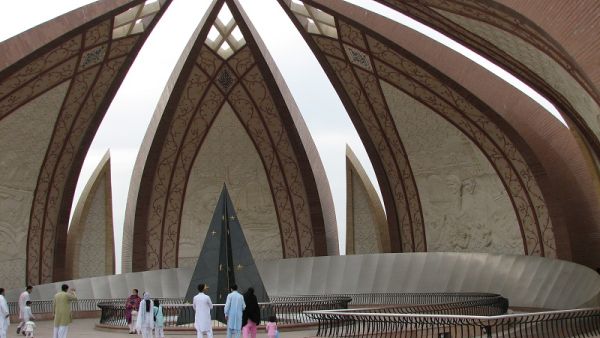Pakistan’s Finance Minister Ishaq Dar on Wednesday presented his government’s first budget for fiscal 2013-14 in the National Assembly with a record outlay of Rs3.5 trillion.
It reflected a difficult and ambitious fiscal adjustment of about Rs580 billion — 2.5 per cent of the GDP (gross domestic product) — by reducing subsidies and introducing additional revenue and administrative tax measures estimated to fetch Rs400 billion.
Overall size of the federal budget is estimated at about Rs3.5 trillion, while the tax revenue target has been pitched at Rs2.75 trillion, including the FBR’s revenue target of Rs2.475 trillion.
To restrict power sector losses, subsides are targeted to be brought down to about Rs150 billion from the current year’s actual tariff differential subsidies of Rs380 billion, against a budgeted allocation of Rs120 billion.
For this, the government plans to gradually increase electricity tariff for all consumers to bridge a whopping Rs6 per unit difference between rates approved by the National Electric Power Regulatory Authority (Nepra) and those notified.
While providing direct subsides to consumers with monthly consumption of up to 300 units, the tariff for higher categories will be substantially increased with additional imposition of a tax on consumption of over 1,000 units per month.
Total subsidies for the next year have been put at Rs300 billion.
It has been estimated that Rs1.15 trillion will be spent on interest payments.
A federal Public Sector Development Programme of Rs540 billion has already been approved by the National Economic Council, while the allocation for defence has been estimated at Rs627 billion. The expenditure on running the civil government has been estimated at Rs278 billion.
The government would try to restrict fiscal deficit to about Rs1.4 trillion, about 5.9 per cent of the GDP, in line with Dar’s desire to bring it down by 2.5 per cent of the GDP from the current year’s Rs2 trillion — almost 8.5 per cent of the GDP.
The salaries of government employees have been proposed to be increased by 10 per cent, slightly higher than the expected inflation rate of eight per cent, and pensions by 15 per cent.








